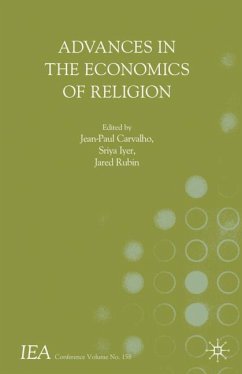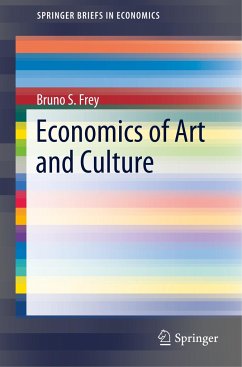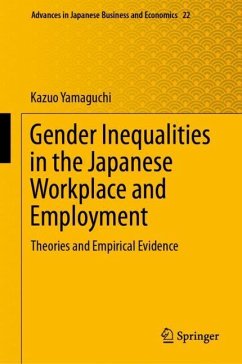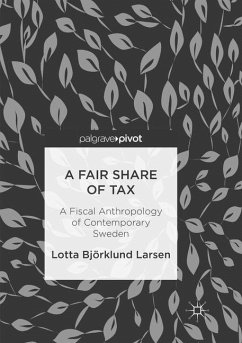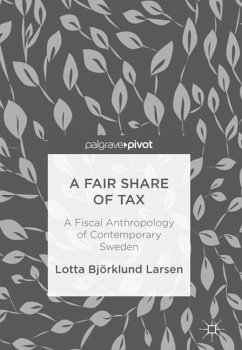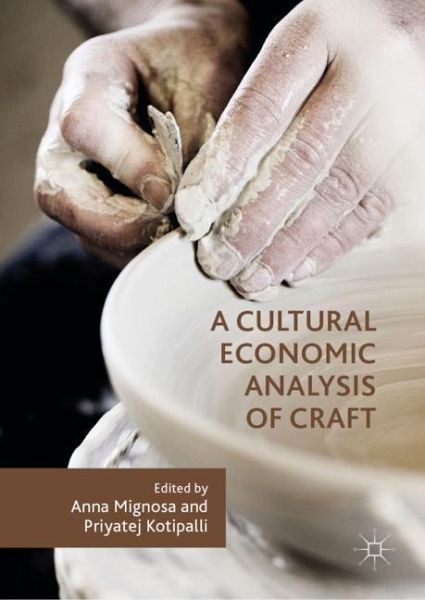
A Cultural Economic Analysis of Craft

PAYBACK Punkte
61 °P sammeln!
Are we aware of the values of craft? In this edited volume, cultural economists, researchers and professionals provide an interdisciplinary discussion of the relevance and contribution of the craft sector to the economy, as well as to society at large.Mignosa and Kotipalli bring together contributors to compare the craft sector across countries, analysing the role of institutions, educational bodies, organisations and market structure in its evolution and perception. The Western approach to craft and its subordinate position to the arts is contrasted with the prestige of craftmanship in Easter...
Are we aware of the values of craft? In this edited volume, cultural economists, researchers and professionals provide an interdisciplinary discussion of the relevance and contribution of the craft sector to the economy, as well as to society at large.
Mignosa and Kotipalli bring together contributors to compare the craft sector across countries, analysing the role of institutions, educational bodies, organisations and market structure in its evolution and perception. The Western approach to craft and its subordinate position to the arts is contrasted with the prestige of craftmanship in Eastern countries, while the differing ways that craft has attracted the attention of policy agencies, museums, designers and private institutions across regions is also analysed. This volume is vital reading to those interested in the economic features of craft and craftsmanship around the world, as well as for those interested in the importance of policy in bringing about effectivesustainable development.
Mignosa and Kotipalli bring together contributors to compare the craft sector across countries, analysing the role of institutions, educational bodies, organisations and market structure in its evolution and perception. The Western approach to craft and its subordinate position to the arts is contrasted with the prestige of craftmanship in Eastern countries, while the differing ways that craft has attracted the attention of policy agencies, museums, designers and private institutions across regions is also analysed. This volume is vital reading to those interested in the economic features of craft and craftsmanship around the world, as well as for those interested in the importance of policy in bringing about effectivesustainable development.






